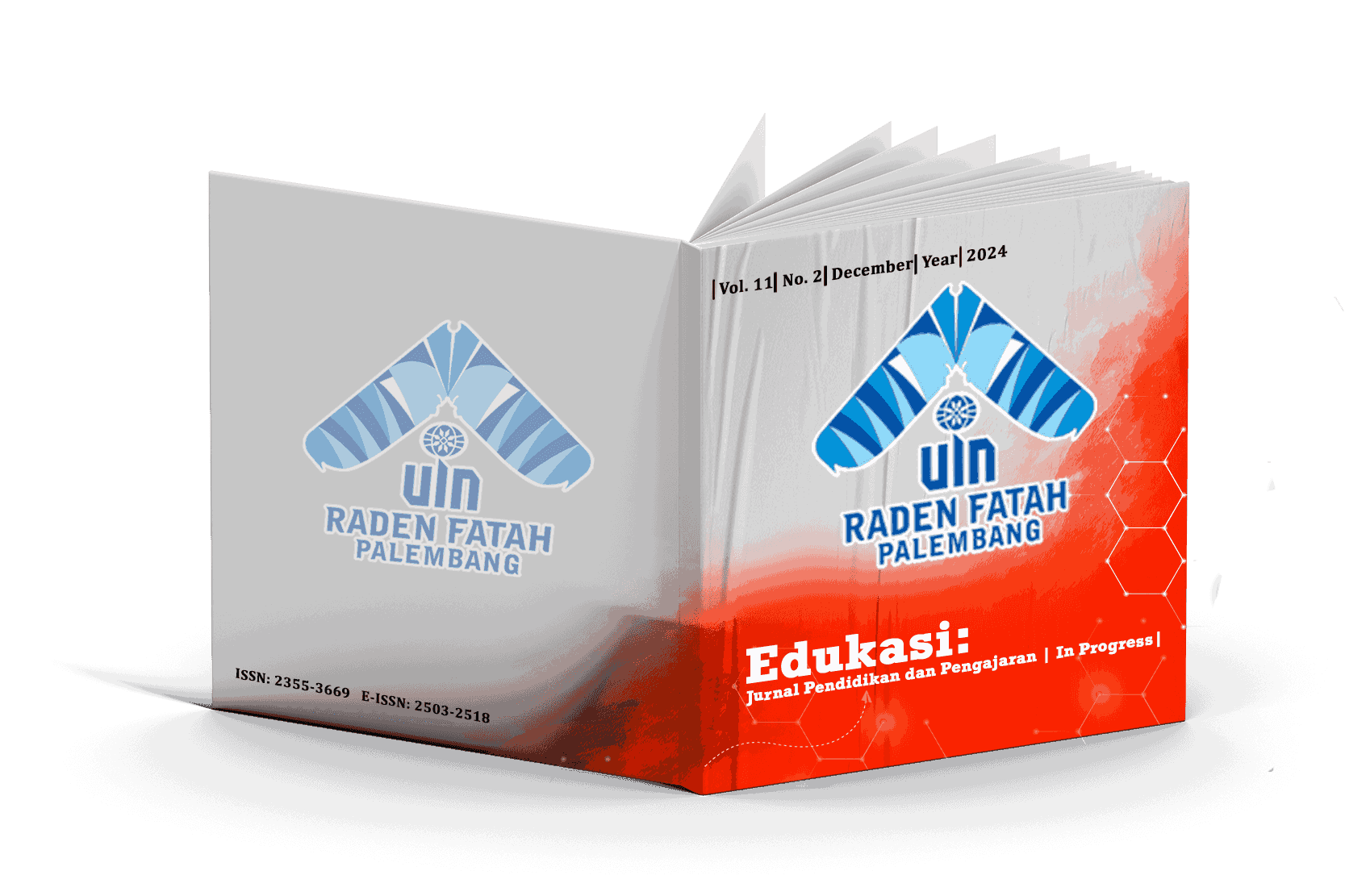Implementation UDL in Indonesian Language and Literature: Improving Student Engagement and Achievement
DOI:
https://doi.org/10.19109/ejpp.v12i2.31198Abstract
This study aims to describe the effectiveness of the Universal Design for Learning (UDL) framework in the Indonesian language and literature course within the Madrasah Ibtidaiyah Teacher Education (PGMI) study program at UIN Antasari Banjarmasin, and to examine its impact on student engagement and learning outcomes. Employing a quasi-experimental, one-group pretest-posttest design, this study involved 131 fourth-semester students. Data were collected through objective tests, classroom observations, and interviews. The treatment was implemented in staged cycles of initial reflection, identification, investigation, action, and reflection. Quantitative data were analyzed using a paired t-test, while qualitative data were analyzed thematically. The results showed that UDL-based learning significantly improved students' academic outcomes and engagement. The average student score increased from 72.53 (grade B) on the pretest to 82.49 (grade A) on the posttest, with an N-Gain of 0.36 (moderate category) and a significance value of p < 0.005. In addition, students experienced increased motivation, improved access to learning resources, and higher satisfaction in attending lectures. UDL was found to be effective in creating an inclusive, adaptive, and participatory learning experience, making it a suitable strategic framework for language and literature learning in higher education, especially in preparing prospective elementary school teachers.
Downloads
Published
Issue
Section
License
Copyright (c) 2025 Edukasi: Jurnal Pendidikan dan Pengajaran

This work is licensed under a Creative Commons Attribution-NonCommercial-ShareAlike 4.0 International License.
After the manuscript is accepted for publication, authors will be required to sign a copyright transfer form. Copyright will be transferred to State Islamic University of Raden Fatah, Palembang, South Sumatra, Indonesia, via e-mail. A copyright form will be sent to you via e-mail after the accepted manuscript has been submitted.











